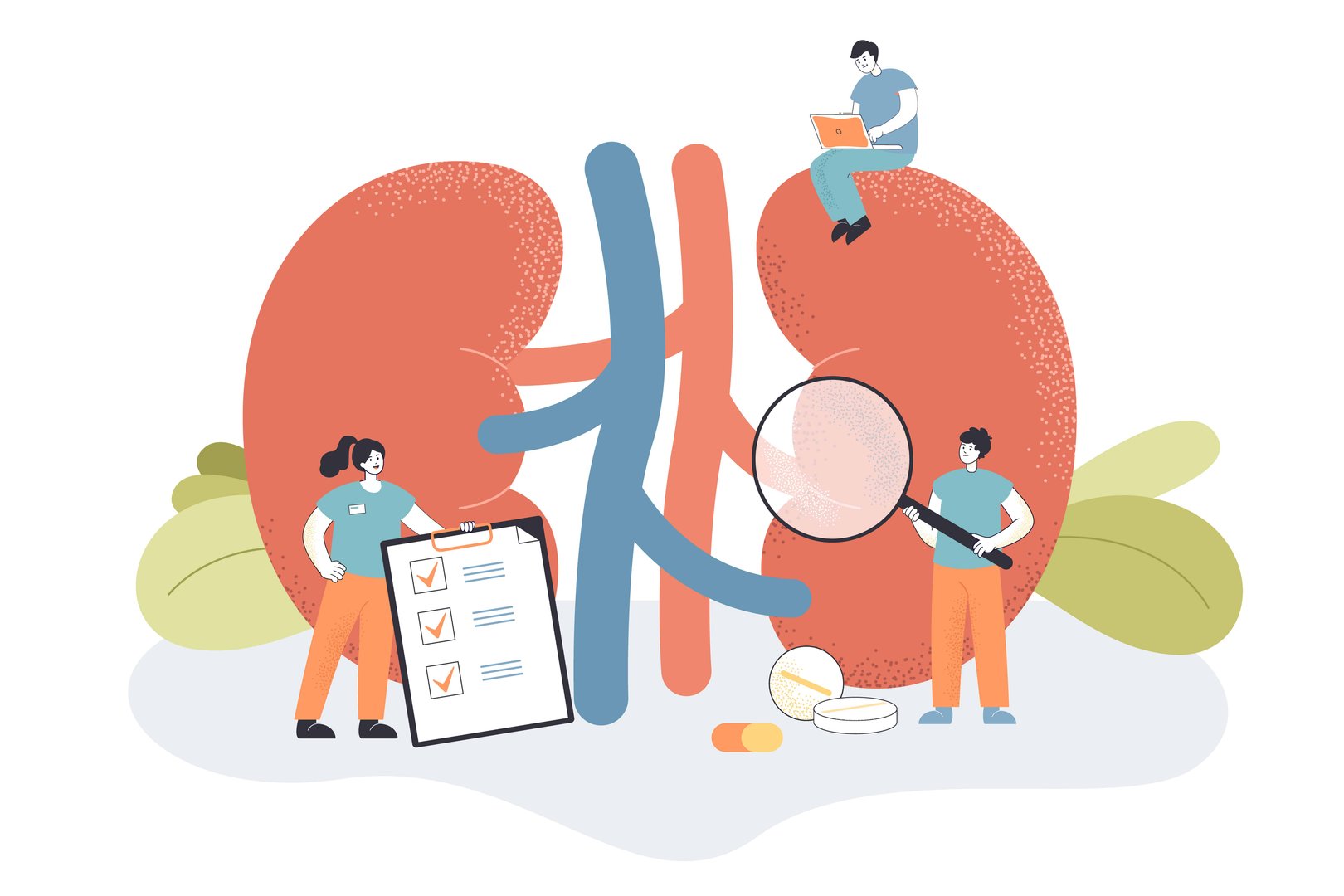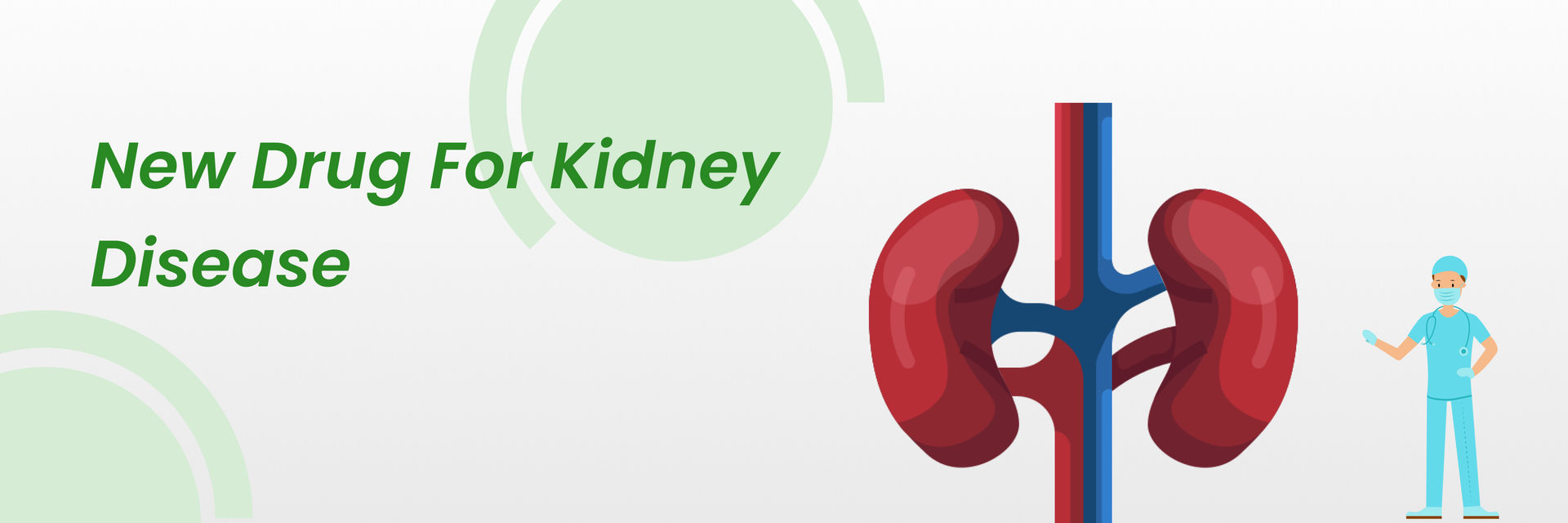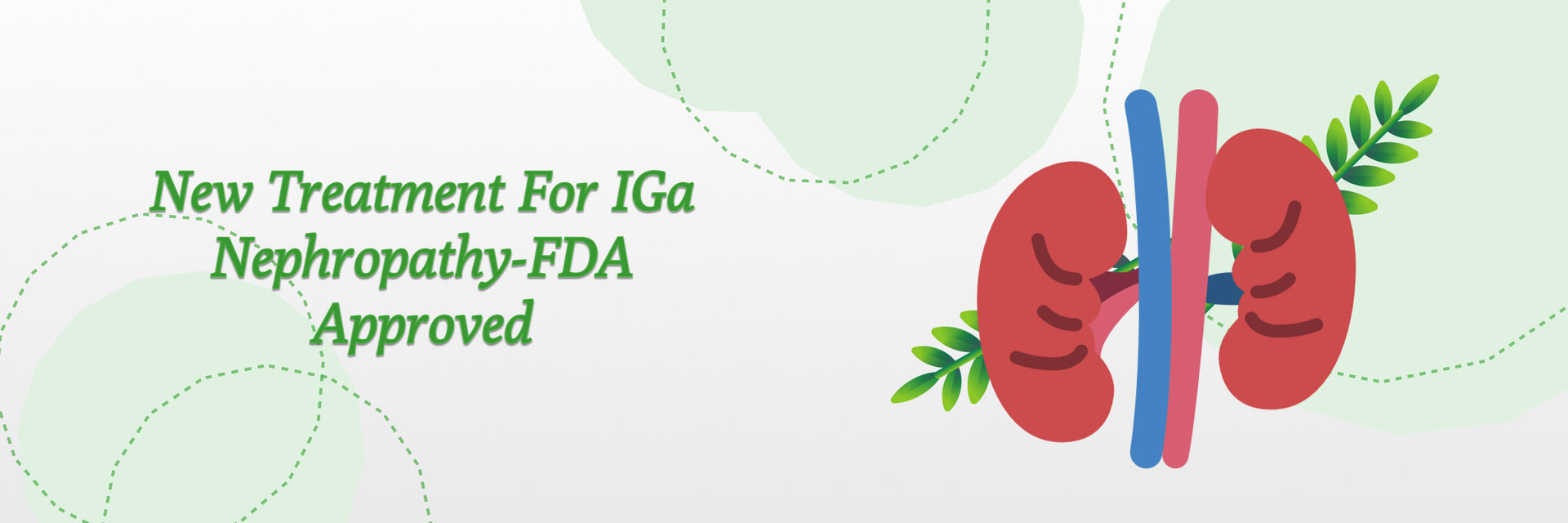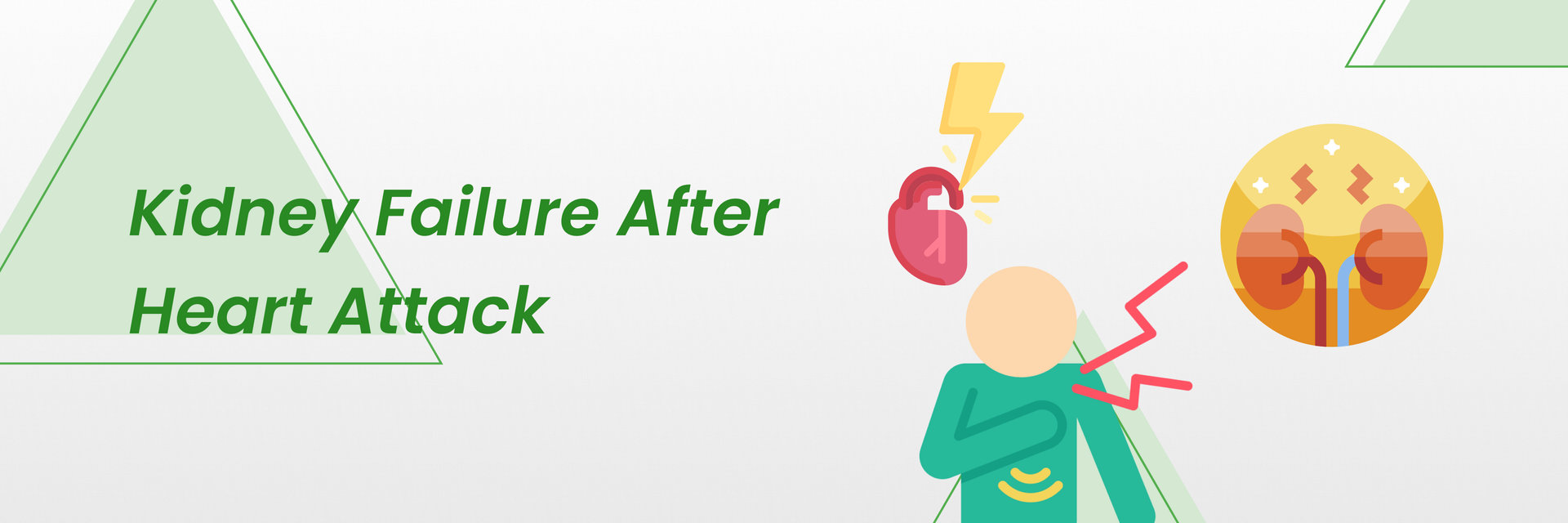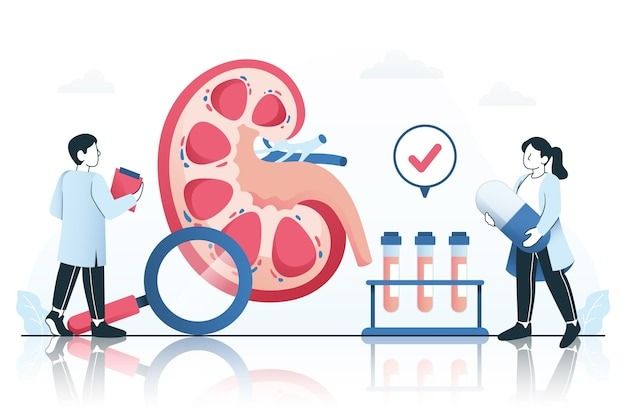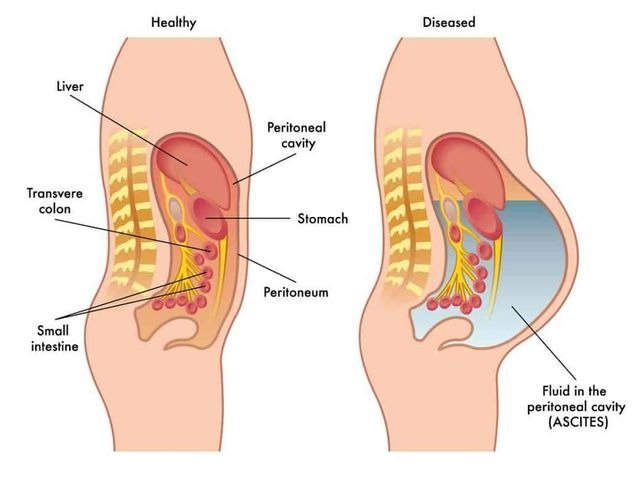
Ascites is a condition where fluid builds up in the abdomen, often due to serious health issues like kidney failure. In kidney failure, the body retains excess fluid, causing pressure to increase in the blood vessels. This can lead to fluid leaking into the abdomen, resulting in ascites. Liver problems, such as hepatorenal syndrome, can also contribute to this condition.
Studies show that about 5-10% of patients with advanced kidney disease develop ascites, and managing it requires treating the underlying cause. It’s important to seek medical attention early for proper diagnosis and care.
What Causes Ascites in Renal Failure?
Ascites in renal failure are primarily caused by fluid retention. When the kidneys can’t filter out excess fluids and waste, these fluids can build up in the body, including in the abdomen. Here are the main reasons ascites develops in patients with renal failure:
1. Fluid Retention: When the kidneys fail to remove extra fluid, it accumulates in the body's tissues and can leak into the abdominal cavity, causing ascites.
2. Hypoalbuminemia: In kidney failure, the body may lose protein, such as albumin, through urine. Low albumin levels reduce the ability to keep fluid in the bloodstream, leading it to move into the abdomen.
3. Portal Hypertension: If kidney failure occurs along with liver dysfunction (such as in hepatorenal syndrome), high pressure in the portal vein can cause fluid to leak into the abdomen.
4. Hepatorenal Syndrome: This severe condition involves both advanced liver disease and kidney failure, which together significantly increase fluid retention and the likelihood of ascites.
Symptoms of Ascites in Renal Failure
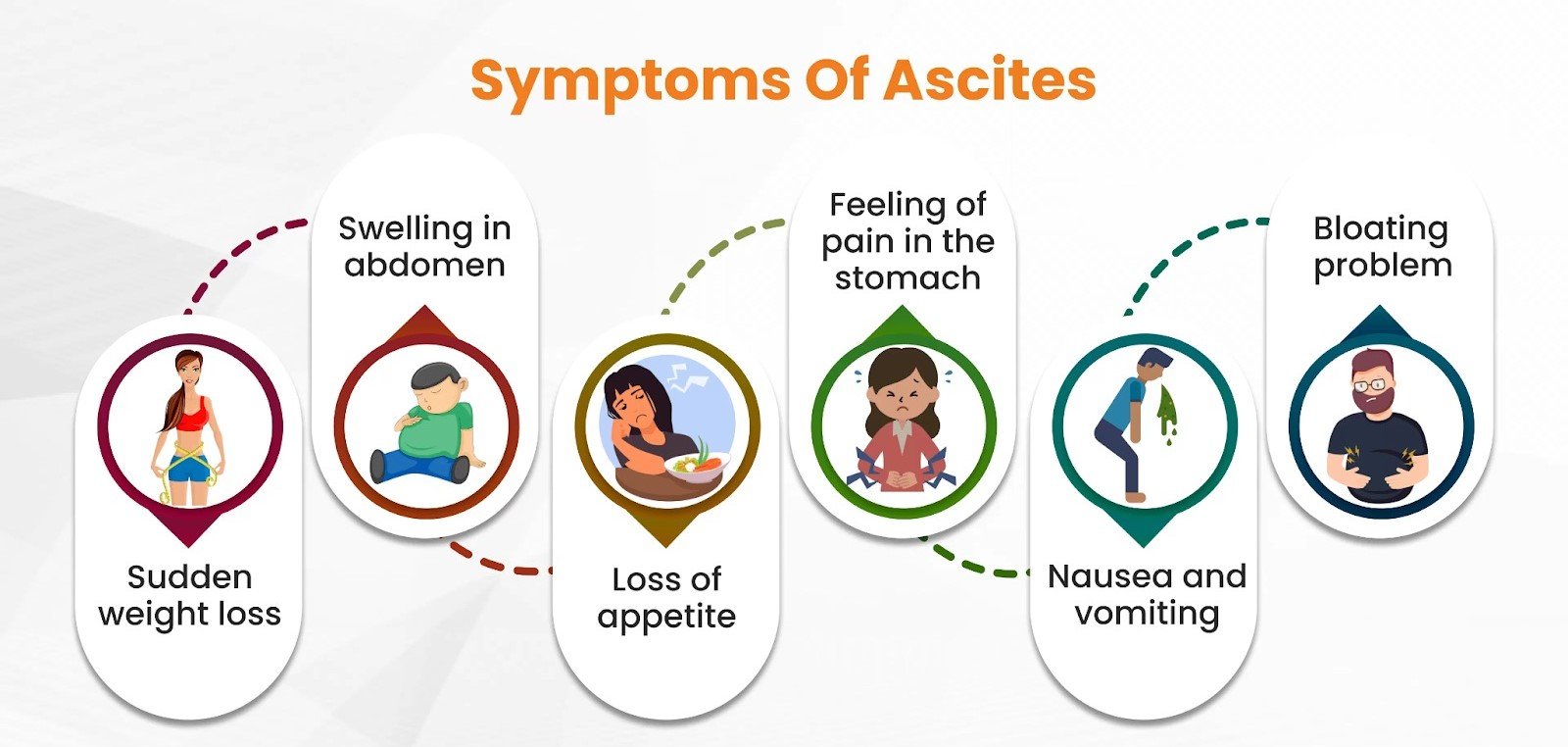
Ascites due to renal failure can cause several uncomfortable symptoms, including:
- Abdominal Swelling: The most obvious sign of ascites is a swollen abdomen, which can cause discomfort or pain.
- Shortness of Breath: As fluid accumulates in the abdomen, it can put pressure on the diaphragm, making it difficult to breathe.
- Weight Gain: Rapid and unexplained weight gain is common due to fluid retention.
- Fatigue: The buildup of waste products and excess fluid can lead to tiredness and a general sense of weakness.
- Loss of Appetite: The swelling and pressure in the abdomen can cause a feeling of fullness, even after eating small amounts of food.
Diagnosis of Ascites in Renal Failure
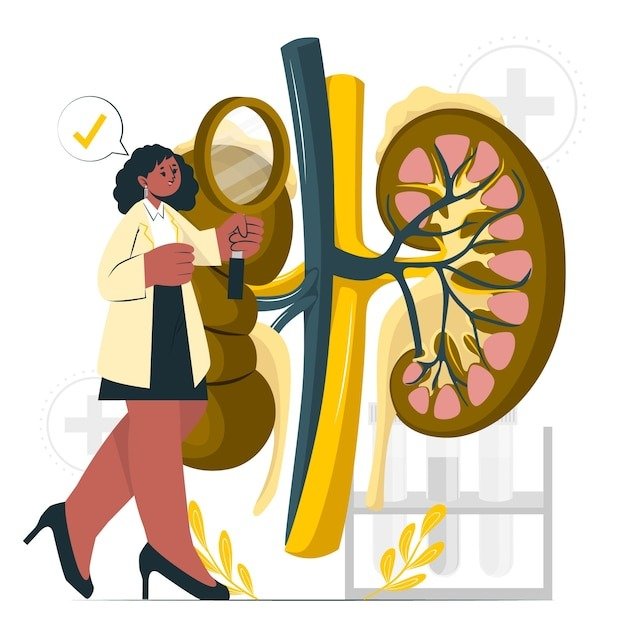
Diagnosing ascites in a patient with renal failure typically involves the following steps:
- Physical Examination: A doctor can often detect the presence of ascites through a physical exam, where they may notice abdominal distension and perform a fluid wave test.
- Dietary Modifications: Restricting salt and fluids is often the first line of treatment. Reducing sodium intake can help minimize fluid retention.
- Diuretics: Medications like furosemide (Lasix) or spironolactone may be prescribed to help the body excrete excess fluids. Diuretics can be effective, but they must be used carefully in renal failure patients to avoid exacerbating kidney problems.
- Paracentesis: For patients with severe ascites, paracentesis can be performed to remove large amounts of fluid from the abdomen, providing immediate symptom relief. However, this is not a long-term solution and may need to be repeated.
- Dialysis: In cases of advanced renal failure, dialysis may be necessary. Dialysis helps remove excess fluid and waste from the body when the kidneys can no longer perform these functions.
- Treating the Underlying Cause: In patients with hepatorenal syndrome or coexisting liver disease, addressing liver function can help alleviate ascites. In some cases, liver or kidney transplantation may be considered.
Treatment Options for Ascites in Renal Failure
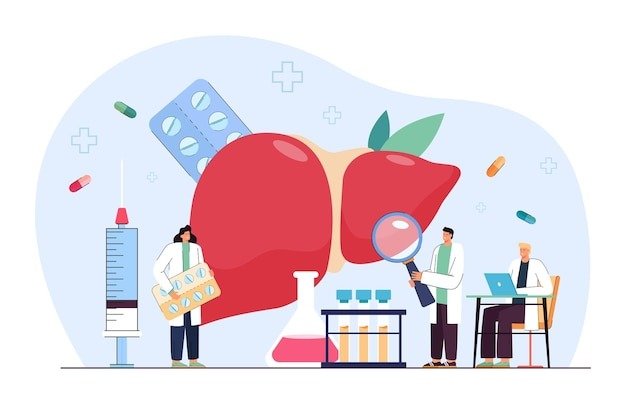
The treatment for ascites in patients with renal failure primarily focuses on managing the fluid overload and addressing the underlying kidney dysfunction. Here are some common treatment approaches
1. Ultrasound: A more definitive diagnosis can be made using imaging techniques like an ultrasound, which allows doctors to see the fluid accumulation in the abdomen.
2. Blood Tests: Blood tests may be performed to check kidney function (e.g., serum creatinine, BUN) and albumin levels to understand the extent of renal impairment.
3. Paracentesis: In some cases, a procedure called paracentesis may be performed. This involves drawing fluid from the abdomen using a needle and analyzing it for its content. This can help differentiate between causes of ascites and rule out infections like spontaneous bacterial peritonitis (SBP).
Complications of Untreated Ascites
If ascites caused by renal failure are left untreated, it can lead to severe complications, such as:
- Spontaneous Bacterial Peritonitis (SBP): A serious infection of the ascitic fluid, which can cause abdominal pain, fever, and worsening kidney function.
- Hernias: The increased pressure in the abdomen can lead to the development of hernias.
- Respiratory Distress: Severe ascites can restrict breathing, leading to respiratory issues.
Prognosis
The prognosis for ascites in renal failure largely depends on the severity of kidney dysfunction and any coexisting conditions like liver disease. Early intervention and appropriate management of fluid balance can improve symptoms and quality of life. For patients with end-stage renal failure, dialysis or kidney transplantation may be necessary to control fluid overload.

